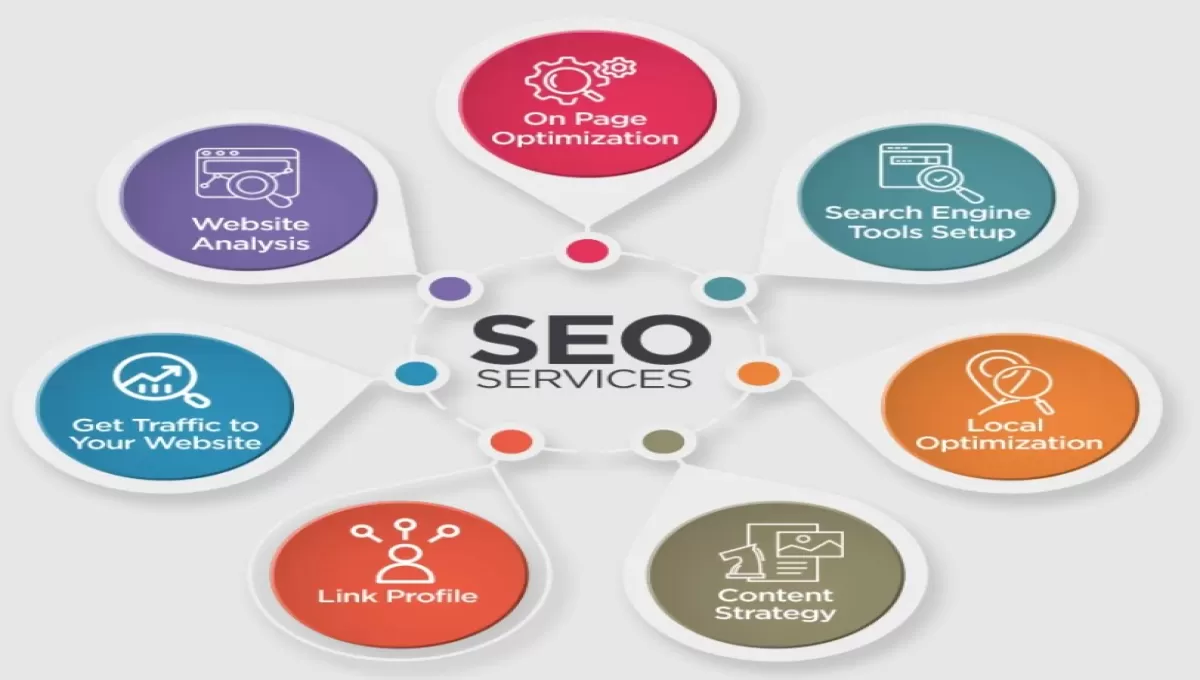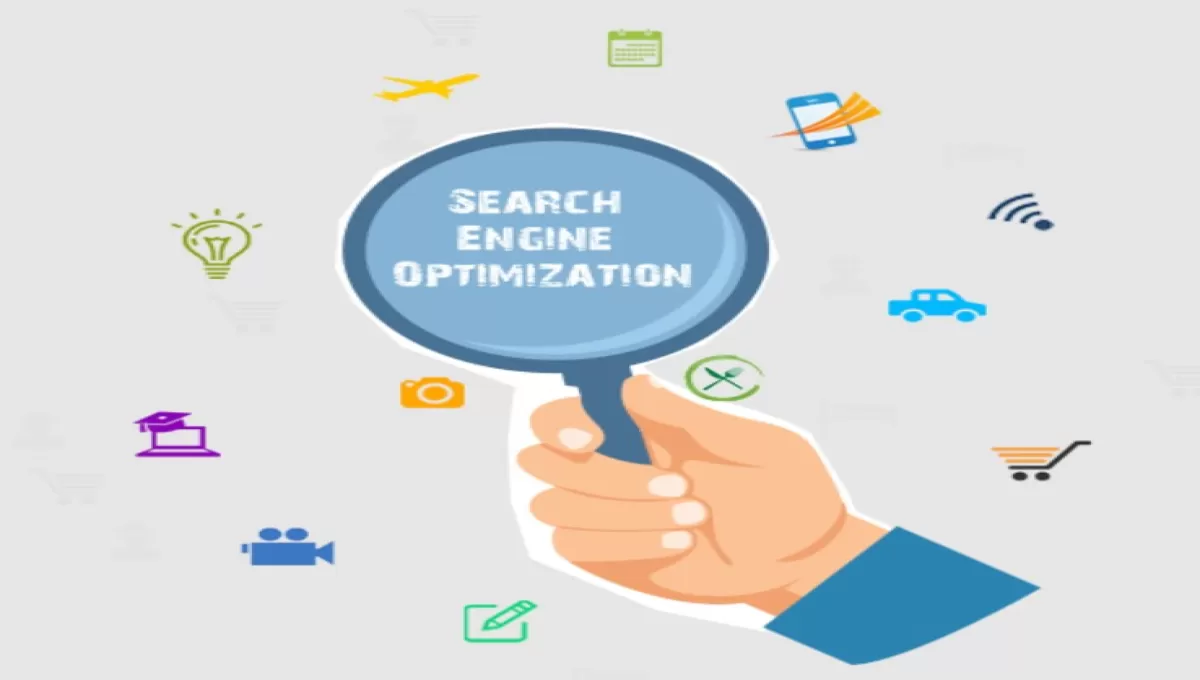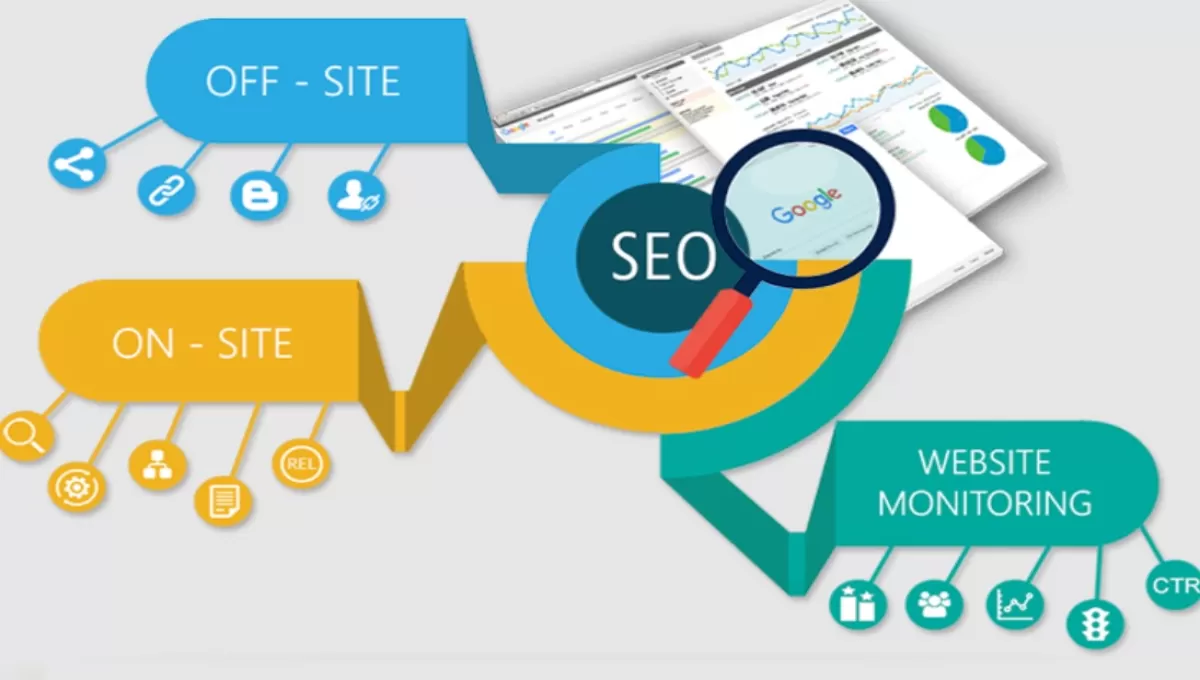Search Engine Optimization (SEO) remains a cornerstone in achieving online visibility and driving organic traffic to websites. The landscape of SEO is constantly evolving, requiring marketers and website owners to adapt and employ the most effective strategies to rank higher on search engine results pages (SERPs). Among the myriad of SEO tools available, Surfer SEO has emerged as a powerful and comprehensive solution to optimize your website’s performance.
Understanding Surfer SEO
Surfer SEO is an all-in-one platform designed to streamline the SEO process, offering a suite of tools and features to analyze, optimize, and improve your website’s rankings. Its intuitive interface and data-driven approach empower users to make informed decisions based on actionable insights.
Key Features of Surfer SEO:
- Content Editor: Surfer SEO’s Content Editor provides real-time recommendations to optimize content for specific keywords, ensuring it meets the standards of top-ranking pages.
- Keyword Research: Access to comprehensive keyword research tools enables users to identify high-potential keywords and phrases, crucial for targeting the right audience.
- Competitor Analysis: Surfer SEO allows users to analyze competitors’ strategies, uncovering valuable insights and gaps that can be capitalized upon.
- On-Page SEO Checker: The platform’s on-page SEO checker assesses various on-page elements and provides actionable suggestions for optimization.
- Backlink Analysis: Understanding backlink profiles and opportunities is simplified through Surfer SEO’s backlink analysis feature, aiding in developing effective link-building strategies.
Optimizing Content with Surfer SEO
One of the standout features of Surfer SEO is its Content Editor, which revolutionizes the content creation process. By analyzing top-ranking pages for a specific keyword, it offers precise guidance on word count, relevant keywords, headings structure, and other crucial factors to ensure your content aligns with search engine algorithms.
Through the Content Editor’s real-time suggestions, writers and content creators can craft highly optimized and competitive content that has a greater chance of ranking well on SERPs. The tool’s user-friendly interface and clear recommendations make it accessible even to those new to SEO, providing a valuable resource in the quest for higher rankings.
Surfer SEO’s Impact on SEO Strategies
The implementation of Surfer SEO in SEO strategies has yielded tangible and positive results for many businesses and website owners. By leveraging its suite of features, users have reported significant improvements in their website’s organic traffic, keyword rankings, and overall online visibility.
Strong data-driven decisions are at the core of Surfer SEO’s impact. It empowers users with actionable insights derived from thorough analysis, enabling them to pivot and adjust strategies based on real-time data rather than assumptions.
FAQs
Q: Is Surfer SEO suitable for beginners?
A: Absolutely! Surfer SEO’s user-friendly interface and clear recommendations make it accessible even for those new to SEO.
Q: Can Surfer SEO improve keyword rankings quickly?
A: While SEO is an ongoing process, Surfer SEO’s data-driven approach can lead to noticeable improvements in keyword rankings over time with consistent optimization efforts.
Q: Are there any limitations to Surfer SEO?
A: While Surfer SEO offers a comprehensive suite of tools, it’s essential to note that SEO success also depends on various external factors such as content quality, industry competition, and algorithm updates.
Conclusion
Surfer SEO stands as a formidable tool in the arsenal of SEO professionals and website owners, offering a holistic approach to optimizing websites for better search engine rankings. Its data-driven insights, intuitive interface, and comprehensive features make it a valuable asset in the pursuit of mastering SEO strategies and achieving sustained online success.
As the digital landscape continues to evolve, having a tool like Surfer SEO can significantly impact the effectiveness and efficiency of your SEO efforts, ensuring your website stays competitive and visible amidst the ever-changing algorithms of search engines.
Mastering SEO strategies with Surfer SEO isn’t just about staying ahead; it’s about thriving in an increasingly competitive online world.











Leave a Comment